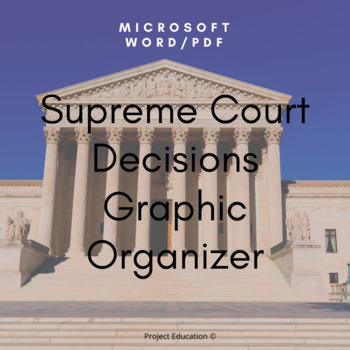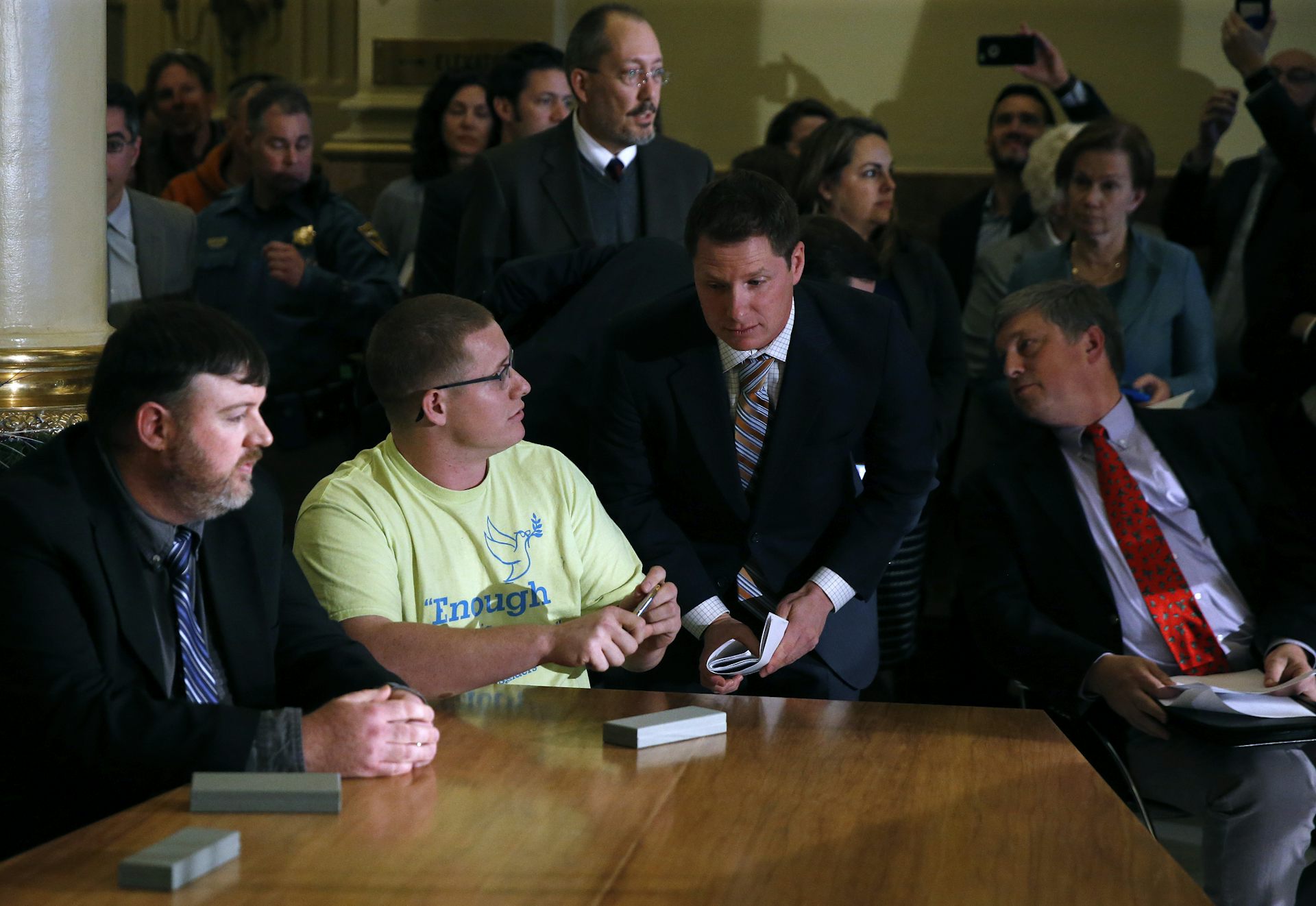

But Spenkuch and his colleagues wanted to test a new theory: that a judge votes more in-line with their ideology when their vote matters more. In the past, scholars have argued that ideology comes into play when there are differing legal interpretations involved, or because certain litigants touch a nerve with particular justices. So why does ideology matter in some cases but not others? Many rulings are 9-0, and even a sturdy liberal or conservative will occasionally side with the opposite camp.

A judge whom editorial writers depict as a mild conservative, or a hardline liberal, will often vote like one.īut judges are not equally partisan in every case. Strange as it may seem, this technique has proved remarkably effective. newspapers in the months following his or her nomination, they determined whether that individual was perceived as liberal or conservative, and how far from center he or she fell. Scouring editorials about a justice published in major U.S. In the 1980s, Supreme Court scholars pioneered a creative way to ascertain a judge’s ideological leanings. “But justices in some cases disregard the role of the umpire in favor of that of the politician.” “Our idea of a good judge is that of an impartial umpire,” Spenkuch says. The results prompt serious questions about the neutrality of the judicial branch, since it suggests that a justice may treat a case differently just because it presents a chance for them to shape policy. “The effect of a justice’s ideology on how he or she votes essentially doubles when the vote is pivotal,” Spenkuch says. They found that when a justice casts the deciding vote, his or her personal beliefs suddenly matter far more. The team analyzed votes by Supreme Court justices on more than 8,500 cases since World War II. Clark of Emory University, Spenkuch sought to determine if the idea that judges are policymakers holds water. “The question is, how do you figure out using data what is and isn’t true?” Spenkuch says. Some have argued that judges earnestly try to enforce the law impartially-as John Roberts stated in his 2005 confirmation hearing: “It’s my job to call balls and strikes, and not to pitch or bat.” In this view, conservatives and liberals come to different rulings simply because they interpret the Constitution differently.īut, as Kagan’s dissent hinted, there is another, more cynical hypothesis: that judges are wannabe policymakers actively seeking to push the law in the direction of their choosing. Since the 1940s, political scientists have known that the ideology of a judge-whether conservative or liberal-often predicts which way he or she will vote. Reading that opinion, Jörg Spenkuch, an associate professor of managerial economics and decision sciences at Kellogg, thought that it might hold the answer to a long-standing puzzle about the Court. The Court’s conservative-leaning faction-composed of Justices Alito, Roberts, Kennedy, Thomas, and Gorsuch-had overruled a long-held precedent “for no exceptional or special reason, but because it never liked the decision,” she argued.


 0 kommentar(er)
0 kommentar(er)
